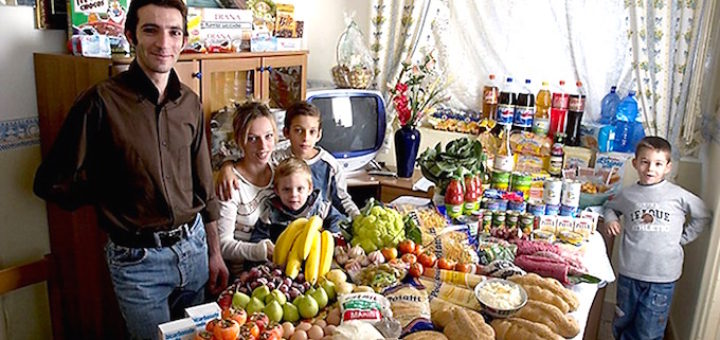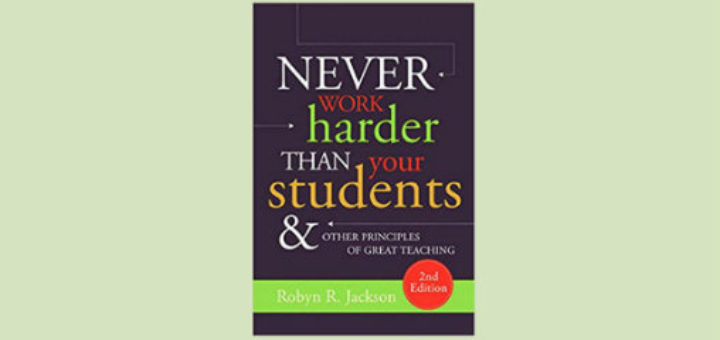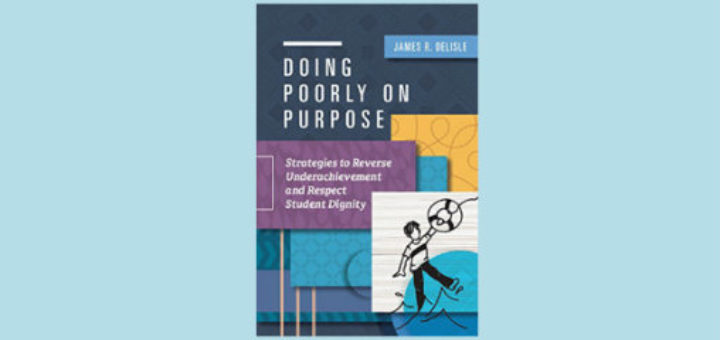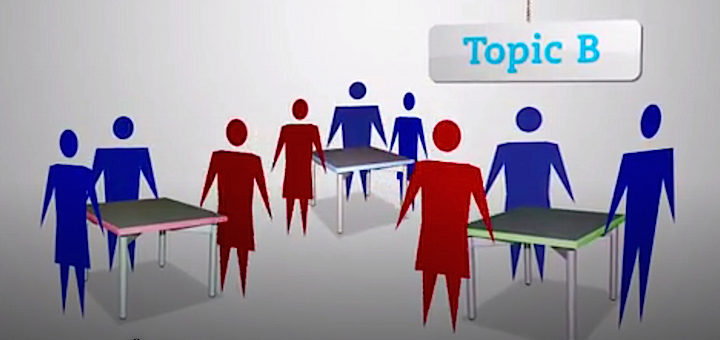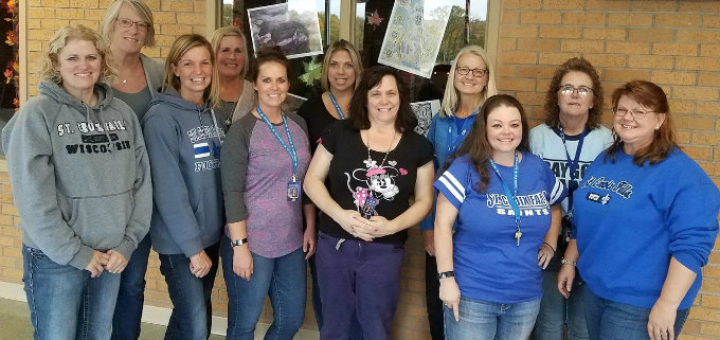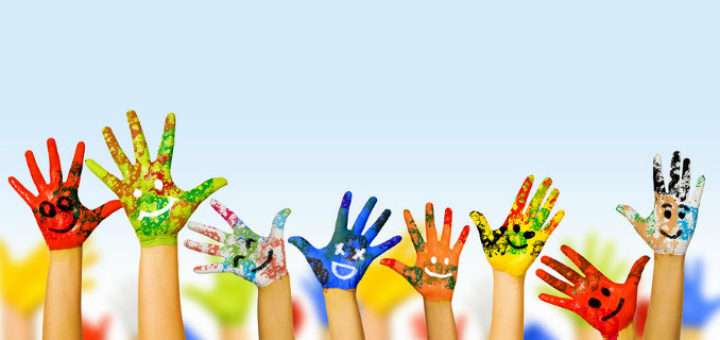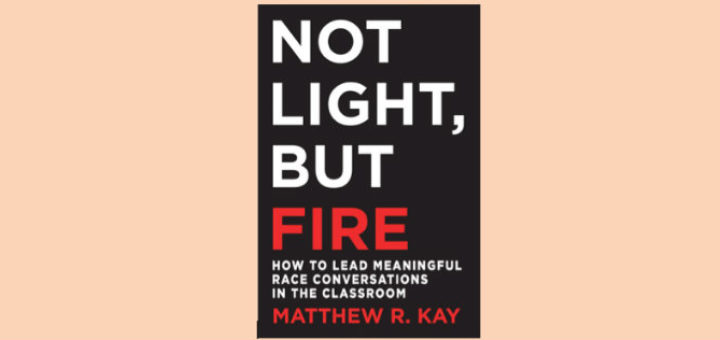Teaching and learning in grades 4-8
Students getting a bit bored with your classroom library? The return from winter break is a perfect time for a “refresh,” says teacher Megan Kelly. She stretches her dollars by purchasing nonfiction books with broad appeal. Here are a few of her cross-content favorites.
It’s true. Teachers in K-6 need to prepare students for STEM and engineering careers that don’t exist yet. The solution? Focus on gifting our younger students with a broad range of inquiry experiences and collaborative know-how, writes STEM education expert Anne Jolly.
The 2018 State of the Kid survey by the Highlights organization reveals appreciation for teachers is increasing among kids aged 6-12. And tweens are finding their voice and aspire to use it for change. But areas of concern remain, explains Editor in Chief Christine Cully.
Teacher Kathleen Palmieri strongly recommends the 2nd edition of Robyn Jackson’s book on the principles of mastery teaching, noting updated information, new tools and fresh topics that reflect Jackson’s own decade of learning. Included: a mastery self-assessment.
Doing Poorly on Purpose by G&T specialist Dr. James Delisle explores how to help smart students who do poorly in school. Many of the ideas can be effective with any student, says teacher Elizabeth OBrien. Strategies include reaching underachievers and “selective customers.”
An effective Multi-Tiered System of Supports (MTSS) throughout a school serves every student while it helps identify and support those with learning disabilities. To demonstrate, teacher educators Barbara Blackburn and Bradley Witzel share four instructional strategies.
How can we recognize the significance and impact of our paraeducators to our students, and at the same time help them maximize their effectiveness? Principal and NBCT Rita Platt shares ways to appreciate them, keep communication open, and provide professional education.
Recently Sarah Tantillo worked with 8th grade teacher Bianca Licata to analyze students’ difficulty in effectively explaining how evidence supports arguments in their writing. After they identified causes and potential solutions, Licata tested their ideas in class.
What improves achievement by an average 11 percent, increases appropriate social behavior, improves students’ attitudes, and reduces stress? Social Emotional Learning. Author-educator Marilee Sprenger shares brain-wise strategies to blend SEL into your everyday practice.
Reading “Not Light, But Fire” inspired Sarah Cooper to change the way she frames conversations about current events and history – which very often involve race, ethnicity, religion, politics and other incendiary topics – to build understanding, not emotion.

